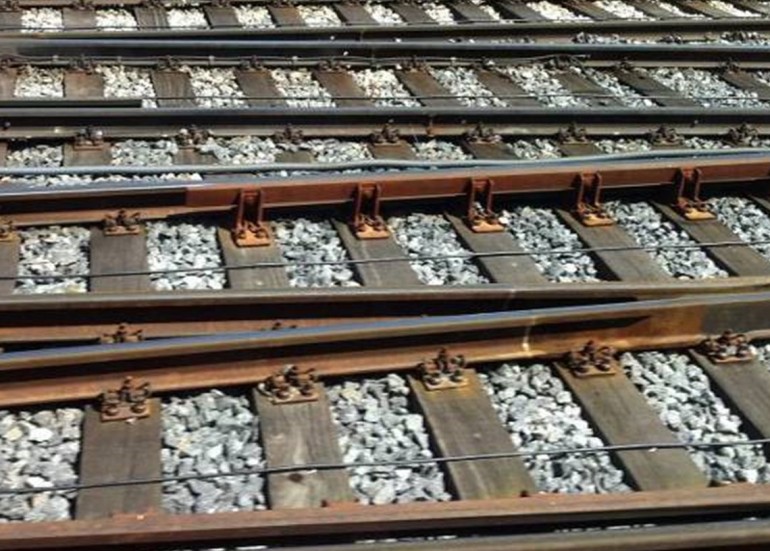

23.02.2024
In this newsletter, we are relaying the press release published by Etic, available on the Fordaq platform. This initiative is part of an awareness-raising campaign on the use of sustainable wood to counter preconceived ideas.

ETIC (European Timber Industries Confederation) replies to recent false and biased allegations on negative effects of use of wood.
The ATIBT contributed to the drafting of this press release because tropical wood is particularly concerned.
The use of timber is acclaimed by consumers and its multiple applications benefit from a robust support from European Institutions and decision makers. However, there is an evident knowledge gap about forest-based industries and misleading information about wood, that could alter public perception, is widely circulated online.
“The European Timber Industry is undoubtably one of the most virtuous sectors to accompany the green transition by offering tangible responses to tackle the impact of climate change and adapt new economic models”, says Vítor Poças, ETIC Chairman.
Recent available information from the UK, flowing on the web, attacking the use of wooden railway sleepers and awarding the plastic-based solution as THE “sustainable” alternative(1), isn’t only farcical but mainly reminds us of the importance and the emergency of setting the record straight:
1 mile equals 2.665 hardwood sleepers (according to standard UK wooden sleepers dimensions, 130x250x2600mm) corresponding to 225,24 m3 which means we are quite far from the announced amount of 900 hardwood trees par mile to fell;
Subject to using the appropriate species (Class 1 in terms of natural durability) and based on the field experience feedback on European networks, an untreated tropical wood sleeper will allow to reach service life of 30 to 40 years: so the double of what has been announced;
The harvesting of wood authorized in forests for which a management plan and FSC FM certification exists (which by the way the UK Network Rail imposes to its suppliers), implies that it cannot be greater than the natural increase in volume and this precisely with a view to sustainable forest management. Forest capital is therefore preserved;
Under the threat of the creosote ban, new preservative products are emerging on the market, guaranteeing an equal lifespan while being much better for the environment and human health with a favorable life cycle. Several European railways infrastructure operators have already announced their shifting.
Having cleared these first things up, ETIC announces it will take additional urgent action to set the record straight about wood and dispel once for all any possible doubt on the huge positive effects of the use of timber.
“We believe in protecting the wood resource without paralyzing and using it without denaturing”, underlines Patrizio Antonicoli, ETIC Director General.
[1] “…for every mile of railway track installed with hardwood sleepers, more than 900 hardwood trees must be felled……for just 15-20 years of use, compared to the 150 years these trees had taken to grow. With the impending ban on the use of creosote in Europe, the life cycle for timber sleepers is expected to fall significantly…...” (Sicut Industries website, Sustainability section, Monday 19 of February 2024)
For additional information: info@etic.website